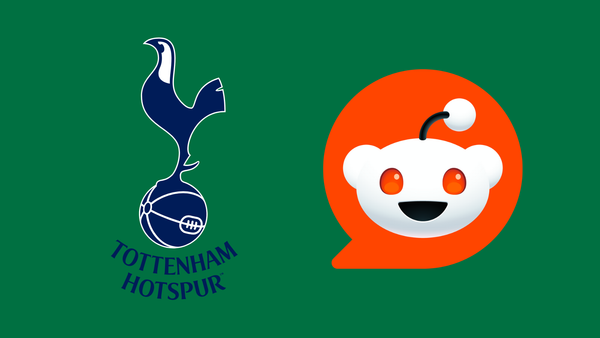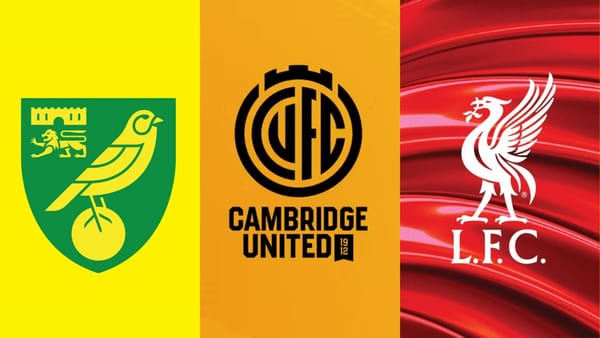Disastrous Twitter Q&As show clubs still aren't listening

The Twitter Q&A has long been the go-to weapon of choice for many football club community managers. The lack of cost and comparative ease at which one can be arranged meant that it was one of the first ways teams began to try and engage with fans. Have a willing participant and a spare hour or two? You’re good to go.
Over recent years this humble grilling has become more popular with the weekly question and answer session now an indispensable part of how many clubs create content for other publications, namely the match day programme. By giving up a little control and opening the doors to the vast numbers of football fans on Twitter clubs can quickly create copy that they know will find an audience.
It’s easy to see why teams are falling back on this method of content creation, however could an over reliance on it be putting clubs in a position to be left red faced?
Over the past week members of Manchester United and Newcastle United’s media teams have taken to Twitter and encouraged their supporters to pitch questions to Michael Carrick and Steven Taylor respectively for the next editions of certain official publications. Both requests drew the ire of supporters. Soon after launching the #AskCarrick and #AskTayls hashtags both were inundated with tweets, very few of which either club would want to be associated with.
What would you rather fight,
1 Andy Carroll sized duck or 10 duck sized Andy Carrolls ?— GallowgateShots (@GallowgateShots) February 9, 2014
https://twitter.com/welshdave2183/statuses/430340320245850112
So why did these routine requests result in such negative feedback? First of all timing is everything. Both clubs launched these Q&As in the aftermath of disappointing performances. By giving fans they chance to ask contribute when they did they provided them with the perfect opportunity to vent their feelings, knowing the club were reading. Additionally the personnel involved poured fuel on the fire, as neither Carrick nor Taylor had performed particularly well during the aforementioned matches. These two factors meant that the critiques of the players, no matter how abusive some may have been, resonated with supporters enough to further perpetuate the situation.
Manchester United and Newcastle could argue they found themselves in a catch-22 situation – they had to continue with the feature and take the vitriol on the chin or they’d be accused of cowardice and not engaging when the going got tough. That’s true, however why weren’t the clubs prepared for such a situation? Why weren’t they able to pick less incendiary members of the playing staff or tinker with the timing of these requests? Were they bound by a long-term plan or, worse still, were they just ignorant?
The response to these campaigns was predictable to everyone but the clubs themselves. Manchester United and Newcastle may have been vaguely aware of supporter discontent, if only based on the very obvious fact that football fans are unhappy when their team lose, but by cracking on in the manner that they did they’ve shown that they haven’t been listening to the very communities they were coming to for support producing content.
While many big brands are slowly coming to terms with social media monitoring and eCRM this is an area where football clubs apparently still lag way behind. Neither club were dialed into what the fans they were reaching out to were saying about the club. At best it’s an indictment of the way in which social media is still viewed by professional football teams, at worst it shows contempt for the audiences they’re relying on to produce content.
Q&As and other quick wins are useful for a short term growth in engagement but without a broader social listening strategy that’s all they’ll be. Worse still launching them at the wrong moment can invite supporters and mischief makers to vent their spleen via de facto official channels in a way which makes teams look positively foolish.
Manchester United and Newcastle will continue to run Twitter Q&As because they’re integral to the way in which both produce content, however they need to remember to have their ear to the ground all the time and not just when it suits them or they might not like what they hear.





